The Federal Government yesterday launched a pilot phase of high-speed fiber-optic broadband connectivity across hostels at the University of Lagos (UNILAG) at Akoka, Yaba.
The initiative, which will provide each hostel with dedicated fiber links, secured Wi-Fi, and continuous performance monitoring, was unveiled by the Minister of Communications, Innovation, and Digital Economy, Dr. Bosun Tijani.
The event was attended by key stakeholders from the academia, government, and private sector.
The fibre-to-hostel initiative is part of the National Broadband Alliance for Nigeria, designed to improve internet penetration in critical institutions, starting with universities. It is supported by Galaxy Backbone, Huawei, and Tizeti.
In his keynote speech, Tijani said: “For the first time, students in UNILAG hostels will have access to high-speed internet with bandwidths of 50 to 100 Mbps. This is not the regular connectivity on your phones. This is fiber, the kind of quality that meets global standards for residential access.”
Emphasising the life-changing potential of the initiative for students, the minister said: “When I was in the university, internet access cost N30 per minute, using dial-up. Today, we are giving you the kind of broadband that powers global tech businesses, online education, and startups, right in your hostel rooms,”
Four hostels, including the Gbajabiamila Hall Residence and Erastus Akingbola Hall, will benefit from the first phase, which is part of a broader goal to bring affordable and quality internet to all the 774 local government areas and major public institutions across Nigeria.
“This is a clear expression of President Bola Ahmed Tinubu’s vision of a $1 trillion digital economy, powered by inclusive, high-performance infrastructure,” Tijani added. “It’s about ensuring no student is left behind simply because of where they are or what resources they have.” The minister also announced the ministry’s 3 Million Technical Talent (3MTT) programme, a free training initiative for young Nigerians to acquire tech skills.
“If you’re not learning technology alongside your main course of study, you’re not preparing for the future,” Tijani warned. “Before I leave this campus, I hope many of you will sign up for the 3MTT programme. It’s your gateway to the global digital economy.”
The minister advised students to hold service providers accountable in case they experience hitches.
“If you’re not getting the 50 to 100 Mbps we promised, send me a message on LinkedIn. I want you to call us out. We’re building a country where quality and accountability matters,” he said.
Tijani shared his personal journey from being a youth leader at AIESEC, a United Nations-affiliated non-governmental organisation (NGO) run by youths, to launching tech ventures in Lagos.
The minister attributed much of his successes to early access to reliable internet.
“Many of Nigeria’s tech success stories, from Andela to Flutterwave, started with students like you in places like this,” he said. “Let this free, high-speed internet be your springboard to building the next big idea.”
Tijani confirmed that after UNILAG, the project would be scaled up to seven other universities before nationwide expansion.
“The digital future is not coming; it is here. Today, we’ve ensured UNILAG students are not watching from the sidelines but are fully plugged in,” he added.
The Vice Chancellor of UNILAG, Prof. Folasade Ogunsola, described the project launch as a “historic moment” that aligned with the university’s digital transformation goals.
“We’ve invested heavily in digitisation and electricity, but wiring hostels was a long-term goal we didn’t expect to meet soon. This initiative has fast-tracked that dream,” Ogunsola said.
Share this post
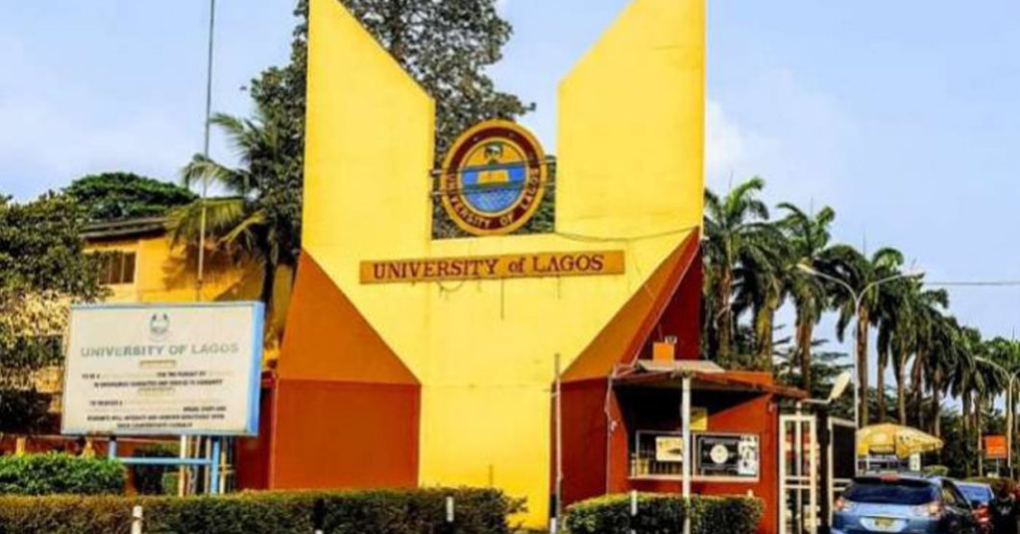
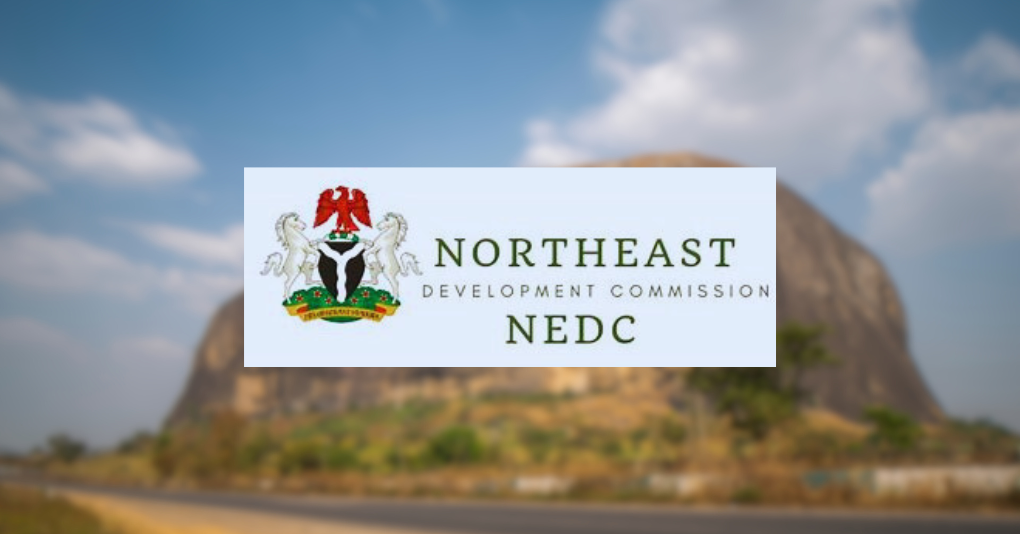
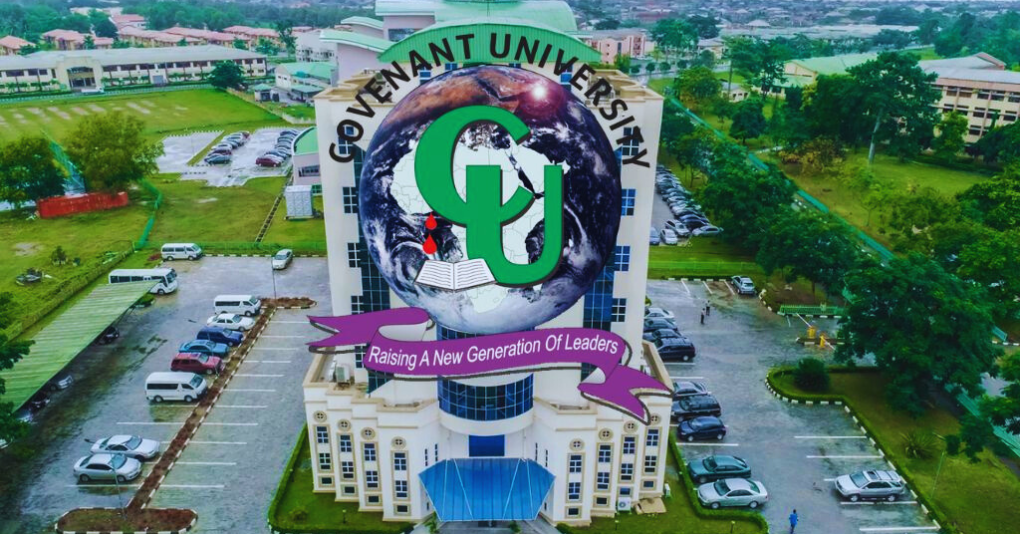
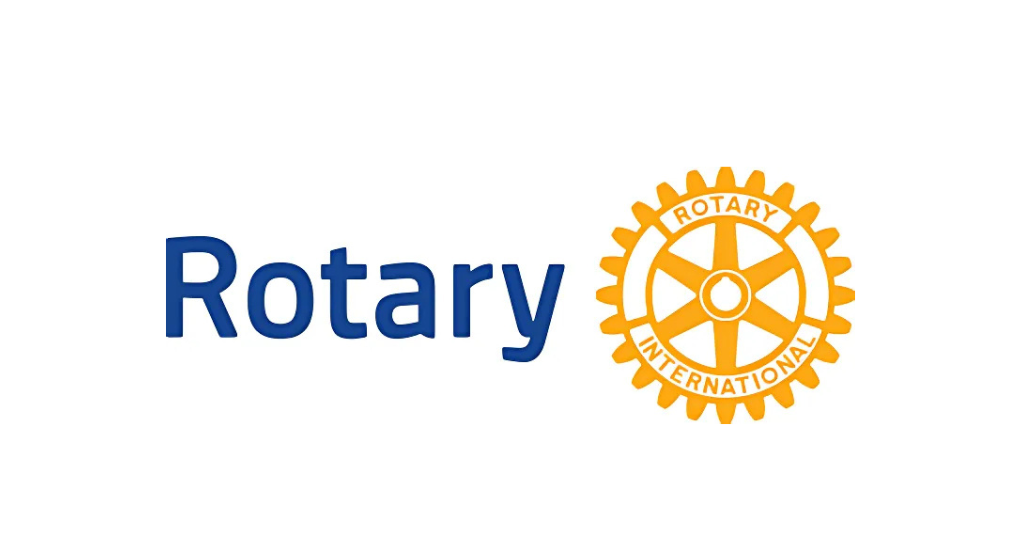
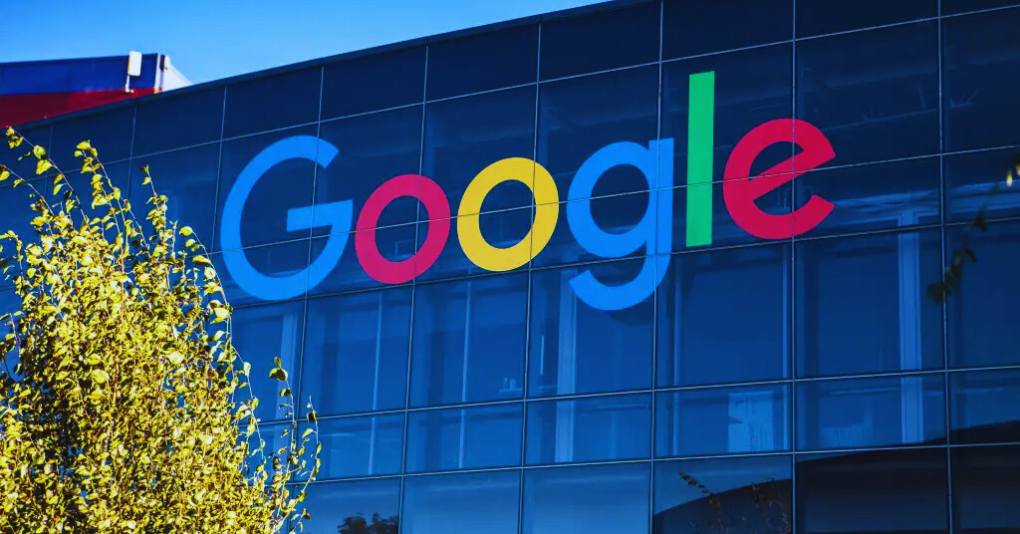
Be the first to comment on this post